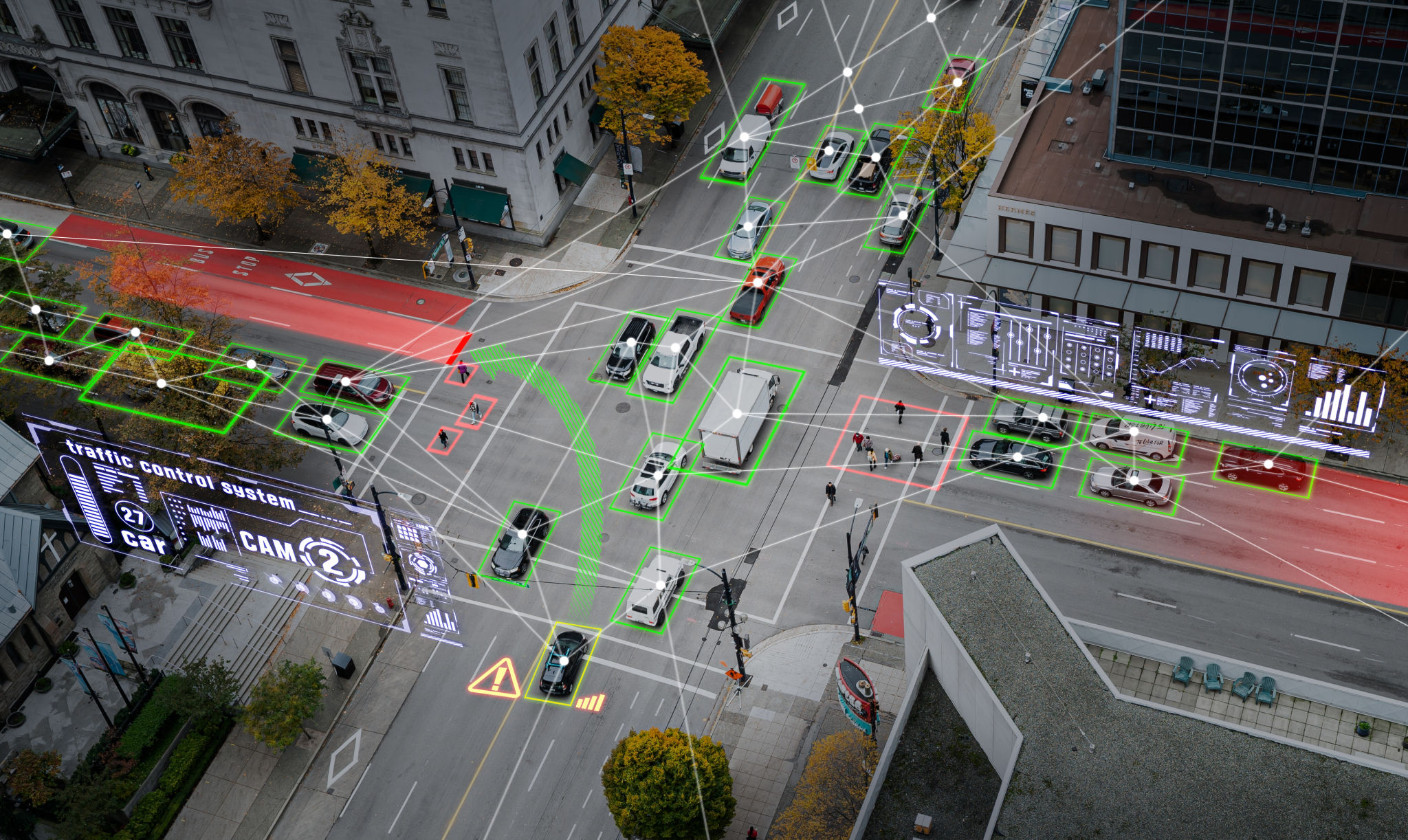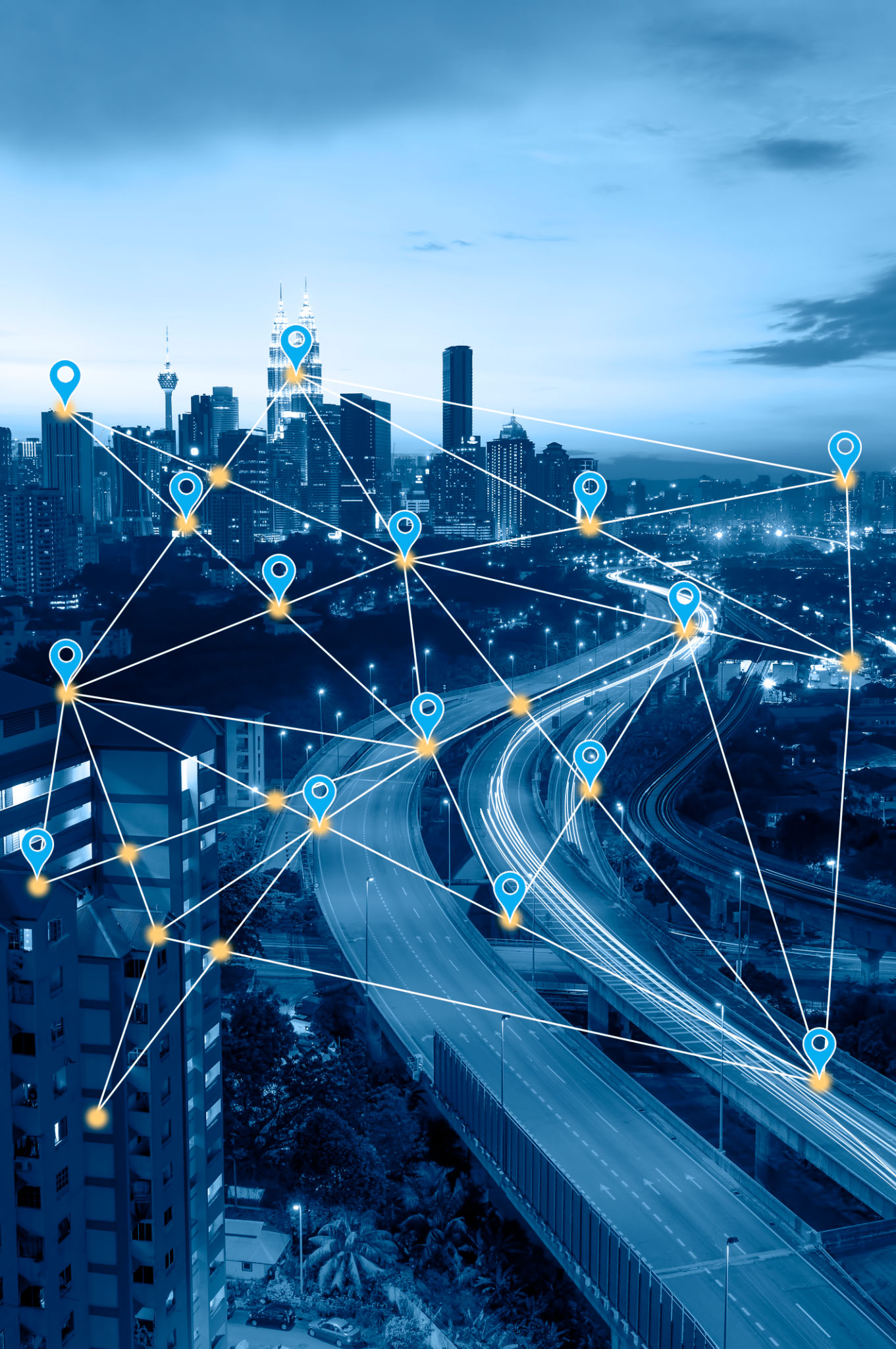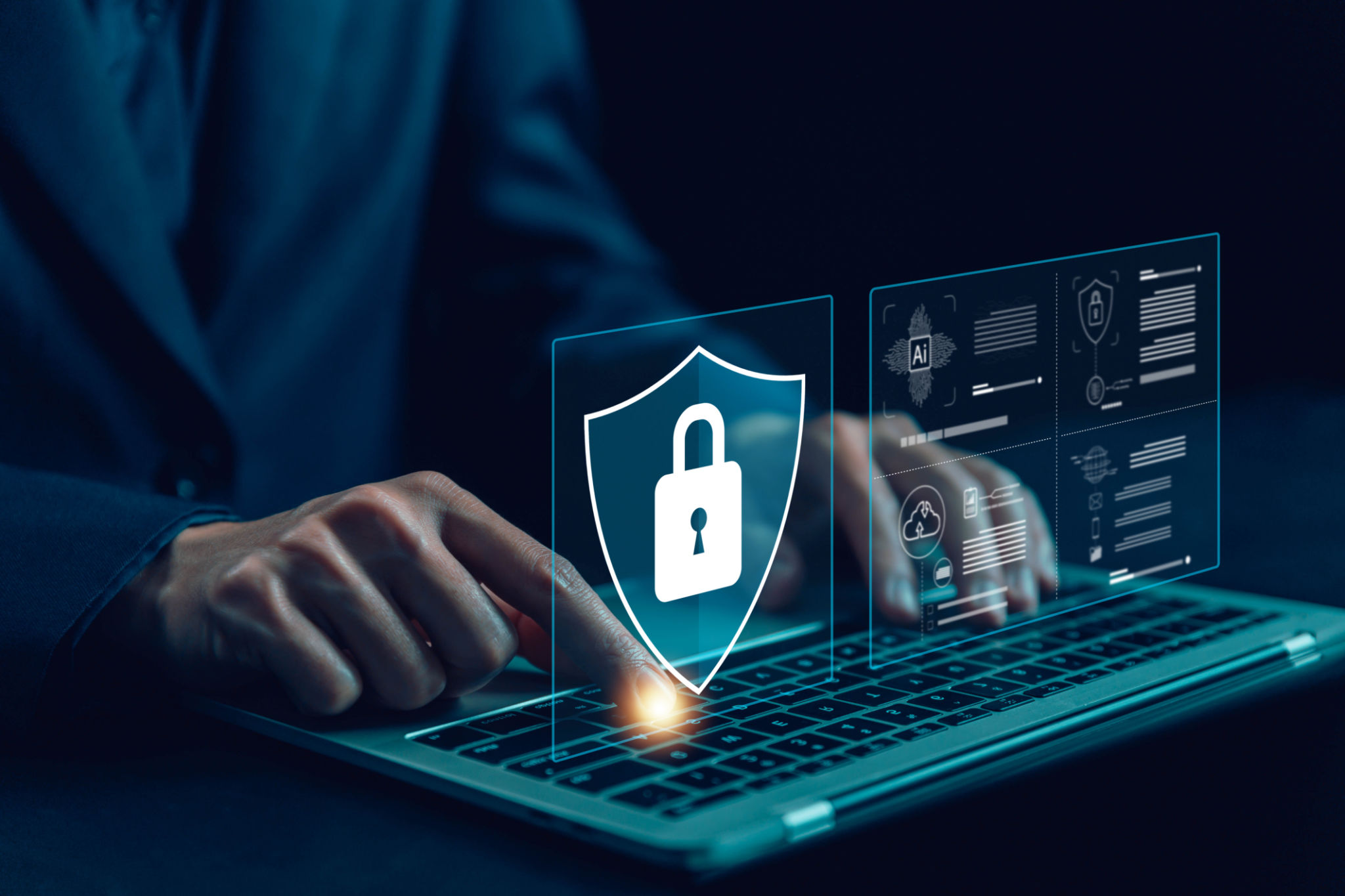DIY Guide to Implementing IoT Devices for Smart City Enthusiasts
Understanding IoT in Smart Cities
The Internet of Things (IoT) is revolutionizing the way cities operate, providing innovative solutions to optimize urban living. For smart city enthusiasts, implementing IoT devices can significantly enhance efficiency and sustainability. By connecting everyday objects to the internet, cities can collect and analyze data, leading to improved services and a better quality of life.

Choosing the Right IoT Devices
Before diving into IoT implementation, it's crucial to select the right devices for your specific needs. Common IoT applications in smart cities include:
- Smart streetlights
- Traffic management systems
- Waste management solutions
- Environmental monitoring sensors
Each of these devices plays a unique role in creating a smart, interconnected urban environment. Consider the benefits and potential impact on your community when making your choices.
Setting Up Your IoT Network
Once you've chosen your devices, it's time to set up a robust IoT network. Begin by ensuring you have a reliable internet connection and the necessary infrastructure to support data transmission. Opt for wireless technologies like Wi-Fi, LoRaWAN, or 5G for seamless connectivity across the city.

Integrating IoT devices requires careful planning and execution. Develop a clear blueprint for installation, taking into account device placement, power sources, and data collection points. Collaborate with local authorities and experts to address any legal or logistical challenges that may arise.
Data Collection and Analysis
One of the most significant advantages of IoT in smart cities is data collection. These devices continuously gather information on various metrics such as energy consumption, traffic patterns, and air quality. Utilize data analytics tools to interpret this information effectively, transforming raw data into actionable insights.
Ensuring Security and Privacy
With increased connectivity comes the need for heightened security measures. Protect your IoT network by implementing strong encryption protocols and regular software updates. Educate users and stakeholders about best practices in data privacy to build trust and ensure compliance with regulations.

Monitoring and Maintenance
Ongoing monitoring and maintenance are essential for the success of IoT initiatives in smart cities. Establish a routine schedule for checking device functionality and performance. Address any technical issues promptly to avoid disruptions in services.
The Future of Smart Cities
As technology advances, the potential for IoT in smart cities will only continue to grow. By embracing these innovations, urban areas can achieve greater sustainability, efficiency, and livability. Stay informed about emerging trends and technologies to keep your city at the forefront of smart development.
Implementing IoT devices may seem daunting at first, but with careful planning and execution, smart city enthusiasts can create a more connected and intelligent environment. Start small, learn from each step, and gradually expand your network of devices to enhance urban living for all residents.
